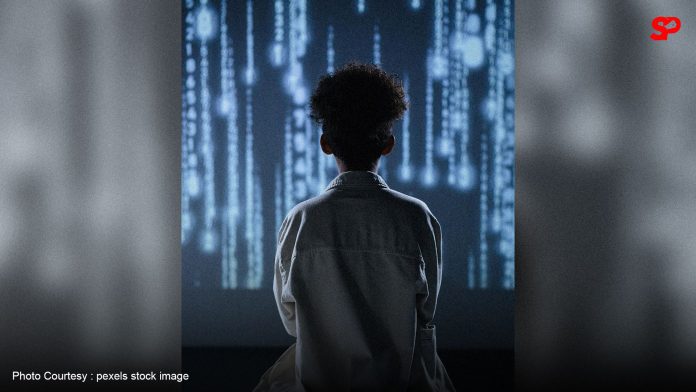By Adriano Mesina
Goodbye, AI!
A couple of years ago, I had a birthday wish that never came true.
There was a moment in my life wherein I wished I would never get to read, watch, or hear about AI.
Unfortunately, I read, watch, or hear about them dozens of times every single day.
Artificial Intelligence has rapidly evolved from a futuristic concept into an integral part of our daily lives. From recommending our next favorite show to drafting emails and creating digital art, AI systems have woven themselves into the fabric of the internet.
But as AI’s capabilities grow, a question looms large:
Will AI kill the internet as we know it?
To answer this question, we need to understand how AI is changing the internet, the challenges it brings, and how we can adapt to these changes.
AI is transforming the way we use the internet. It powers search engines, organizes social media feeds, and even creates content, all aimed at improving our online experience. By analyzing huge amounts of data, AI can predict what users want and personalize their online journeys, making the internet feel tailored to individual needs.
However, this convenience comes with potential downsides. Critics worry that AI-driven personalization could limit what people see online, trapping them in “echo chambers” where they only encounter ideas that match their existing beliefs.
This could narrow our perspectives and weaken the open, diverse nature of the internet. Another concern is AI’s ability to create massive amounts of content, such as text, images, and videos, with tools like ChatGPT or DALL·E. While this makes creativity more accessible, it also raises the risk of misinformation, which could harm trust in online information.
The Impact of AI-Generated Content
One of the internet’s greatest strengths is user-generated content. But now, AI is stepping in as a creator. Articles, music, and even digital influencers are increasingly AI-generated.
This shift is exciting because it democratizes creativity, but it also poses challenges. If too much online content comes from AI, the unique voices of real people might be drowned out, and the internet could lose its rich cultural and social diversity. And with so much AI-created material, finding truly meaningful, high-quality content could become harder.
There are also financial concerns. Writers, artists, and other creators might struggle to compete with machines that work faster and cheaper. Remember the Hollywood Writers’ strike a few years back which crippled the movie capital of the world? This could devalue human creativity and disrupt industries, leading to debates about how to ensure fair treatment of human contributors. To maintain trust, platforms will need to clearly label AI-generated content and develop policies to manage its use responsibly.
Privacy, Security, and the Role of AI
AI’s influence on the internet also raises privacy and security issues. Advanced AI systems track user behavior to create detailed profiles, often without users fully realizing it. It is true that this data is valuable to advertisers, but it also opens the door to potential misuse. Questions about how far companies and governments should go with AI-based surveillance and targeted advertising are becoming more urgent.
On the security side, AI is both a help and a hazard. It can strengthen defenses by identifying cyber threats quickly, but it can also empower hackers. AI-driven scams, phishing attacks, and malware are becoming more sophisticated, creating new risks for everyone online. If these threats are not controlled, they could undermine trust in online transactions and communication.
Moving Forward: An AI-Driven Internet
Despite these challenges, AI does not have to harm the internet. Its impact depends on how it is managed and used. Governments, tech companies, and individuals must collaborate to create clear rules that emphasize fairness, transparency, and accountability.
For instance, requiring platforms to label AI-generated content can help people identify what is real.
Education also plays a key role. When we teach digital skills, we can help users navigate an AI-driven internet with confidence. A well-informed public is essential to ensuring the internet remains a space for innovation and collaboration.
A Balanced Future
So, will AI destroy the internet? It is all about perspective. AI is undoubtedly changing the online world, bringing both opportunities and challenges. If we approach these changes wisely, the internet can be better. But if we ignore the risks, AI could worsen existing problems or create new ones, threatening the internet’s openness and reliability.
As we move forward, it is clear that the relationship between AI and the internet will define the future. We can ensure that AI enhances the internet rather than harms it as long as we balance innovation with responsibility.
The key is balance, vigilance, and a collective commitment to building an internet that serves everyone. Then I can say:
Hello AI!

